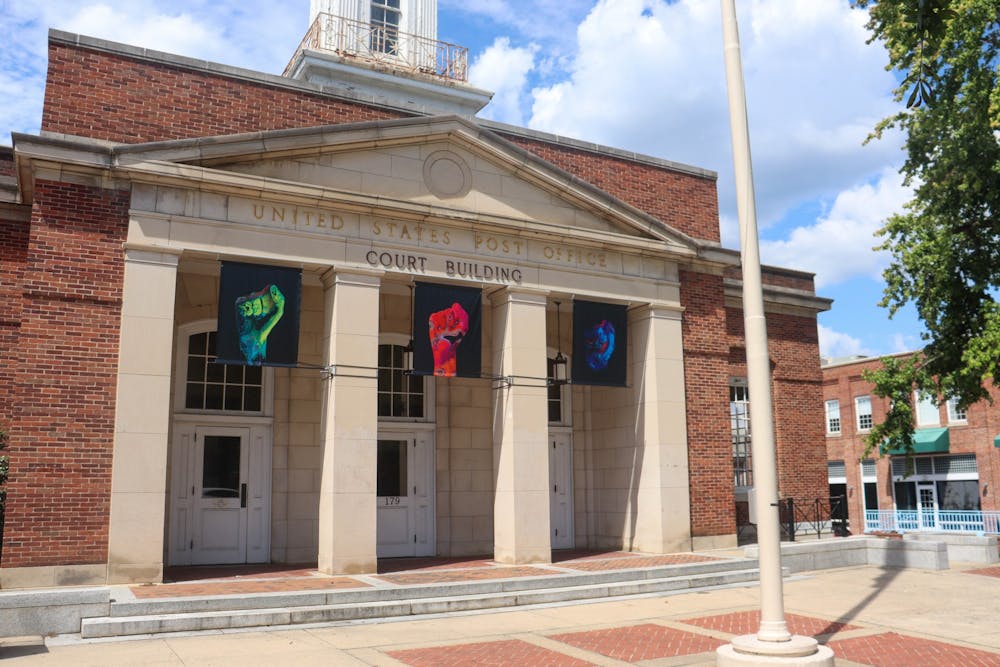ALE’s new division came with a new power – it received primary enforcement jurisdiction for alcohol and drug-related laws.
North Carolina General Statute 18B-500 outlines the scope of the agency’s authority, describing alcohol law enforcement agents as state officers who have jurisdiction throughout the state.
The ALE division has 108 special agents dispersed across eight districts throughout the state. Orange County is in District IV, along with much of north-central North Carolina.
ALE’s Public Information Officer Erin Bean said in an email that agents are assigned to a specific district based on the agency’s needs.
According to an Aug. 27 press release, a recent statewide ALE operation resulted in 189 arrests and 449 charges this year, 261 of which were alcohol-related and 80 were drug-related. Chapel Hill was one of the areas of focus.
“The mission of the Alcohol Law Enforcement Division is to reduce crime and enhance public safety throughout the State of North Carolina," Bean said in an email statement. "This mission is accomplished through the proactive, fair and consistent enforcement of the state laws related to alcoholic beverage control, gambling, tobacco, controlled substances, and nuisance abatement, as well as other criminal and regulatory matters in the interest of health and public safety."
Another goal of ALE is to establish relationships with local law enforcement in order “to provide solutions to community-based problems."
In 2016 the National Liquor Law Enforcement Association funded a training program alongside the National Highway Traffic Safety Administration to increase local law enforcement agencies’ understanding of the scope of their authority in regard to ALE.
While there were programs tailored for eight states individually, the NLLEA also provided a presentation and encouraged other state divisions to modify the presentation to be fitting for their region.
A systematic review by the NLLEA referenced three studies that found an association between “modest decreases” in underage drinking and ALE, but the decrease was only directly attributed to enhanced law enforcement in one study.
Student response
UNC student Cecilia Barcenas said that she thinks ALE may be able to stop some negative things, but will likely create more resistance and discomfort among students.
To get the day's news and headlines in your inbox each morning, sign up for our email newsletters.
Barcenas said ALE could learn more about Chapel Hill by working with the Chapel Hill Police Department. She added that it’s very important to learn how to create a safe environment.
“But there’s certain ways you can do it,” Barcenas said. “Not the way that they’ve been approaching it recently.”
Bean said ALE special agents complete annual in-service training through the North Carolina Justice Academy alongside quarterly training. She also noted that agents take part in de-escalation training. The academy offers courses including a class on preempting misconduct.
Brooke Morgan, a sophomore at UNC, said the increased police presence on Franklin Street can be uncomfortable for students, especially in light of the recent arrest of the UNC student by ALE agents.
“You can’t do what you normally would want to do,” Morgan said. “Not necessarily anything illegal, but you just feel a little bit more tense that you’re being watched.”
The CHPD declined to comment on its relationship with ALE, but it released a statement soon after the incident on Franklin Street last month noting that it is not affiliated with ALE.
@madelynvanmeter
@DTHCityState | city@dailytarheel.com




